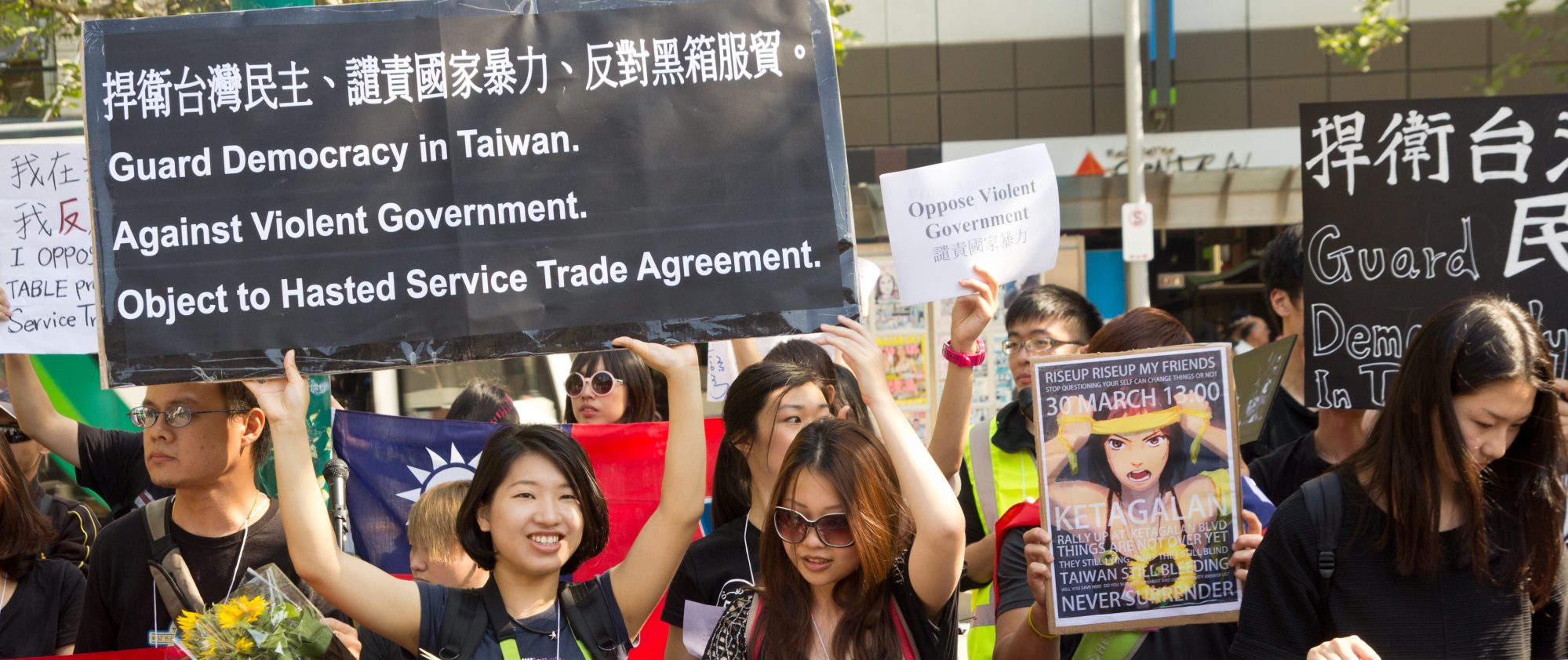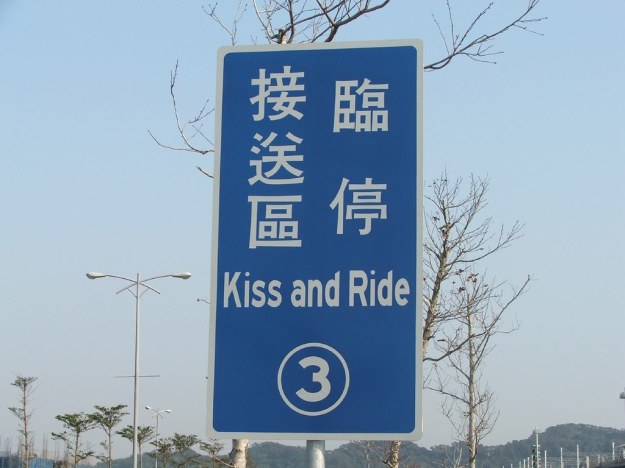My recent letter in the Taipei Times ended by saying that youth must speak out to protect freedom in Taiwan. After I posted a link to my letter on Facebook Michael Turton commented that the youth also need to vote.
It seems very timely that the Democratic Progressive Party (DPP) just released a campaign video featuring rapper Dog G* (大支) titled “Change Taiwan” (改變台灣). The DPP writes in the description (see full text and translation below) of Dog G’s video that they want youth to actively participate in and contribute their ideas to the election campaign. They go on to write, “the DPP wants to promote an overall increase in the youth vote. It is not just concerned with the overall breakdown of votes between the parties. The key point is that youth should play a key role in this election!”
The description also says that the video seeks to overthrow older people’s stereotypes about the younger generation. The lyrics intend to highlight how young people are actively engaged in society. For example, mobilising to help after the Typhoon Morakot floods and their role in the Dapu Land Grab Incident.
The video is also interesting because although it was created for the DPP, it doesn’t actually mention the DPP anywhere in the video. This follows an earlier campaign video from the DPP which also appealed to the centre ground. Peter Martin at Sinocentric noted the earlier ad, “pitches strait to the political centre-ground and tries to talk past the highly partisan debates which often characterize Taiwanese politics.”
The lyrics of the song represent a paradigm change from the ethnic-based politics of the past to a younger generation who have gone beyond ethnicity to just identify with Taiwan. Dog G sings:
我們不管藍綠綠藍這些
[We don’t care about blue versus green and green versus blue]
我們很簡單就是關心台灣,關心社會
[We just simply care about Taiwan and care about the society]
我們也沒有什麼族權問題總總
[We also don’t have a problem with different ethnic groups]
The V-sign in the video represents the word “vote”. I also suggest that V can represent “voice”. The combination of youth using their vote and their voice can change Taiwan.
*At the time this article was published rap artist 大支 used the English name Dog G. He now goes by the name Dwagie.
= = = = = = = = = = = = = = = = = =
Chinese-language text from the video description. English translation by David.
年輕選票成為這場選舉的關鍵力量!
Let the youth vote become this election’s key power!
對於台灣的未來,年輕人應該擔當的是有主導權的關鍵者,而不該是在一旁唱唱跳跳的旁觀者。因此選戰以來,民進黨不僅鼓勵年輕人主動參與、規劃各項競選事務,由他們按著自己的想法來主導,對於青年族群在選舉中的影響,民進黨更關心的是整體青年投票率的提升,而非僅僅於政黨的得票比例。重點是年輕人要在這場選舉裡扮演關鍵角色!
Regarding Taiwan’s future, youth are taking on a key leadership role and not just standing on the sidelines as spectators. Hence, since the election campaign began the DPP has not just encouraged youth to participate in planning every aspect of the campaign, it has also let their ideas lead the way. Concerning the influence of youth groups on the election the DPP wants to promote an overall increase in the youth vote. It is not just concerned with the overall breakdown of votes between the parties. The key point is that youth should play a key role in this election!
這首[改變台灣]由知名的HIP HOP歌手大支創作,MV則由來自五都,包括多個大學HIP HOP社團學生、運動員、藝術工作者等各行各業超過150位年輕朋友在月前透過網路揪團拍攝。[改變台灣]歌詞推翻年輕人被大人世界加上的[草莓族]、[政治冷感]刻板印象,特別以88水災時年輕人發動比政府更有效率的救災行動、日前成功爭取社會注目,最後逼得馬政府退讓的「大埔農地」事件為例,強調年輕人不僅不是冷漠的旁觀者,更有領導時代,改變台灣的雄心與能力。而改變台灣的方式,mv當中則以[v]手勢,作為年輕族群揪團投票(vote)的默契,邀請所有年輕人用選票打造自己的理想五都。
The song “Change Taiwan” was created by well known hip hop artist Dog G. In the music video there are students from university hip hop clubs, athletes, artists and workers of every kind from all five cities* who seized the chance to film last month. The lyrics overthrow older people’s stereotypes of the youth as being the strawberry generation or indifferent to politics. The lyrics especially mention the youth response in providing disaster relief during the Typhoon Morakot floods was more effective than the government’s response. The way youth argued with the Ma government over the Dapu Land Grab Incident is another example. This emphasizes that youth are not just indifferent spectators. They are leaders with ambitions and potential to change Taiwan. The V-sign in the video means “vote” and signifies youth recognising the power of the vote. We invite every young person to use their vote to create their ideal “five cities”.
*Five cities refers to the five cities holding elections: Taipei City, Xinbei City (Taipei County), Greater Taichung, Greater Tainan and Greater Kaohsiung.

 Tears (眼淚) directed by Cheng Wen-tang (鄭文堂) is a tough and gritty police drama. The style is quite a contrast to Cheng’s previous film, the teen romance Summer’s Tail (夏天的尾巴), which I
Tears (眼淚) directed by Cheng Wen-tang (鄭文堂) is a tough and gritty police drama. The style is quite a contrast to Cheng’s previous film, the teen romance Summer’s Tail (夏天的尾巴), which I 
